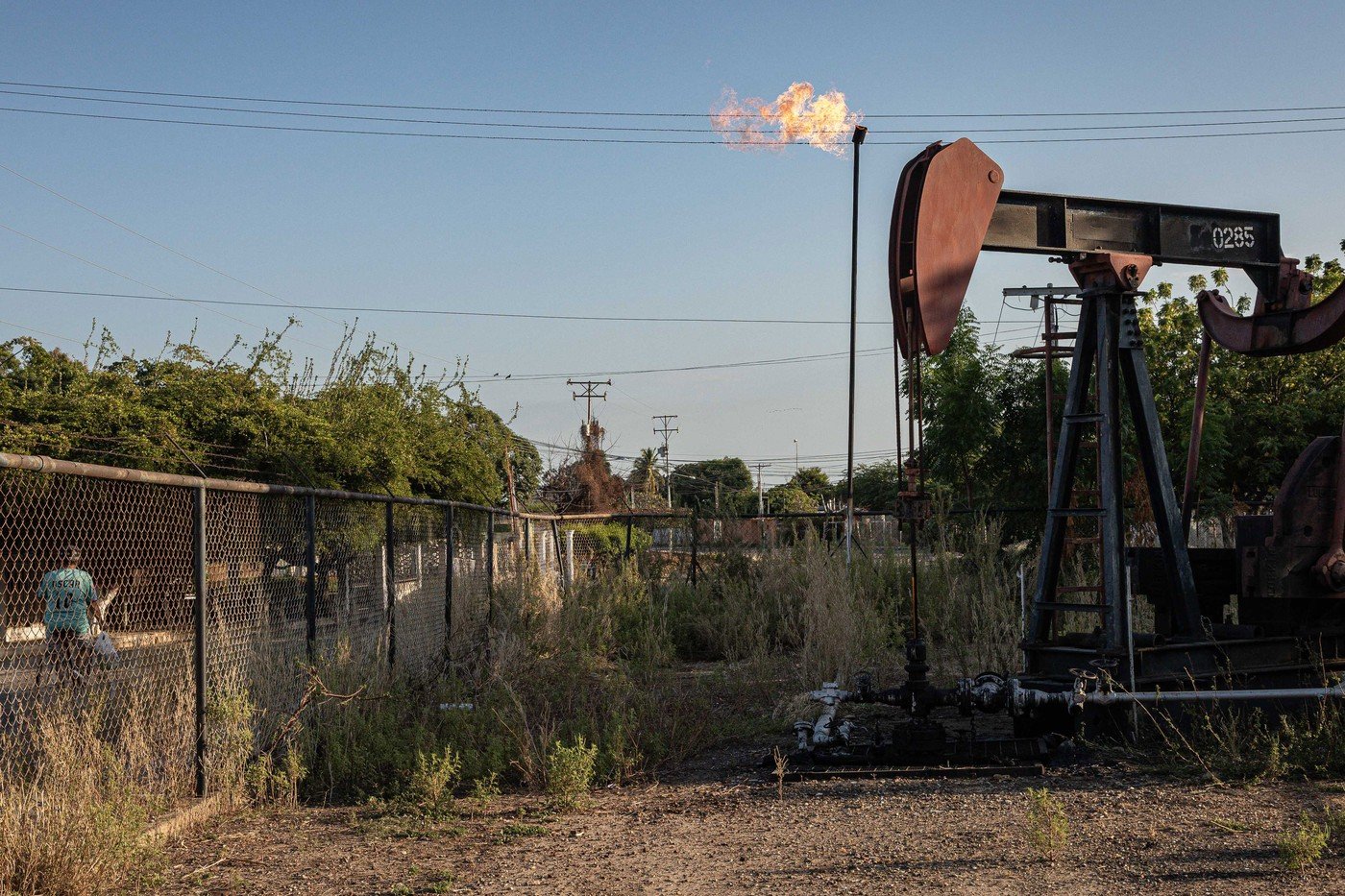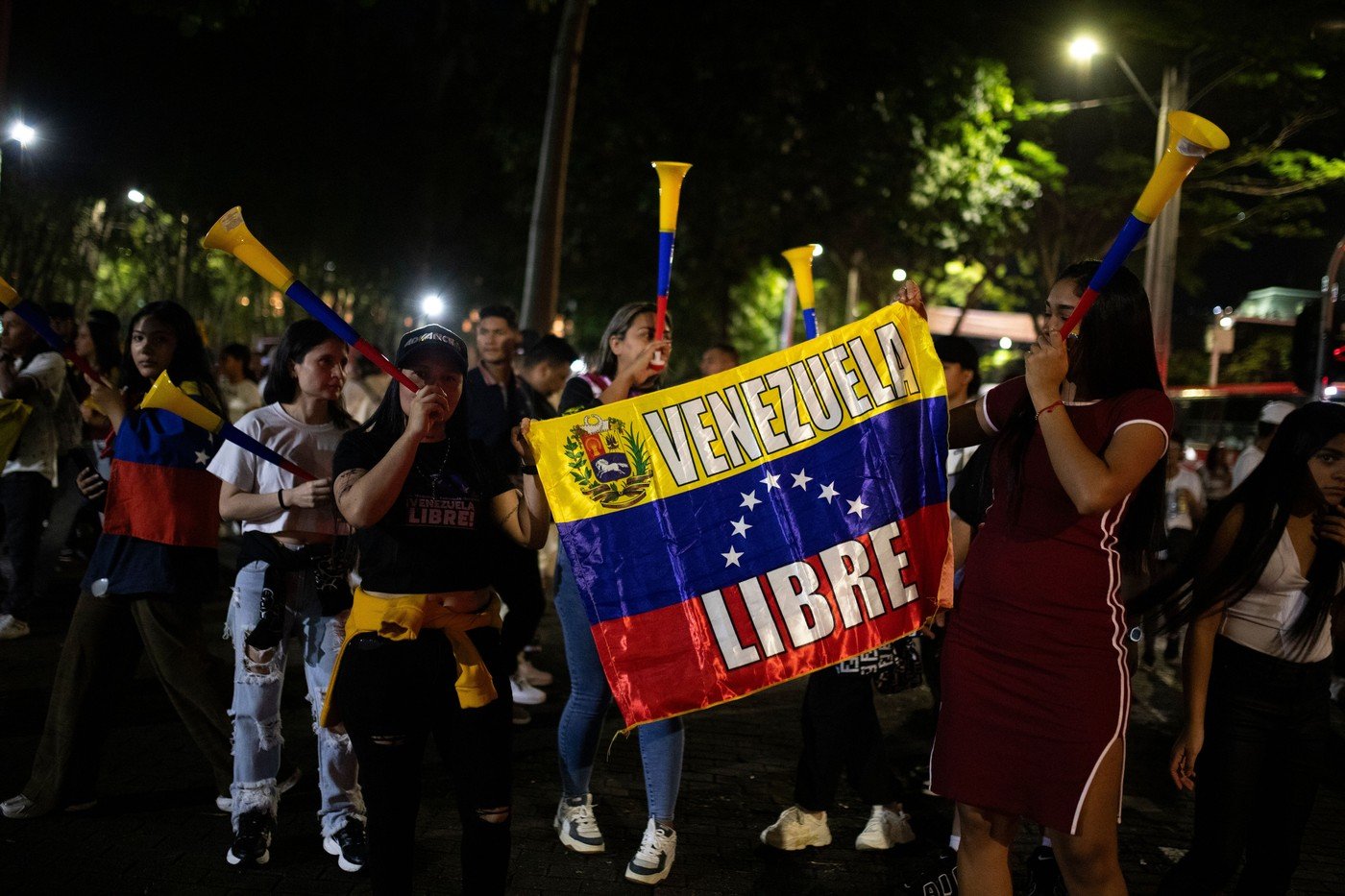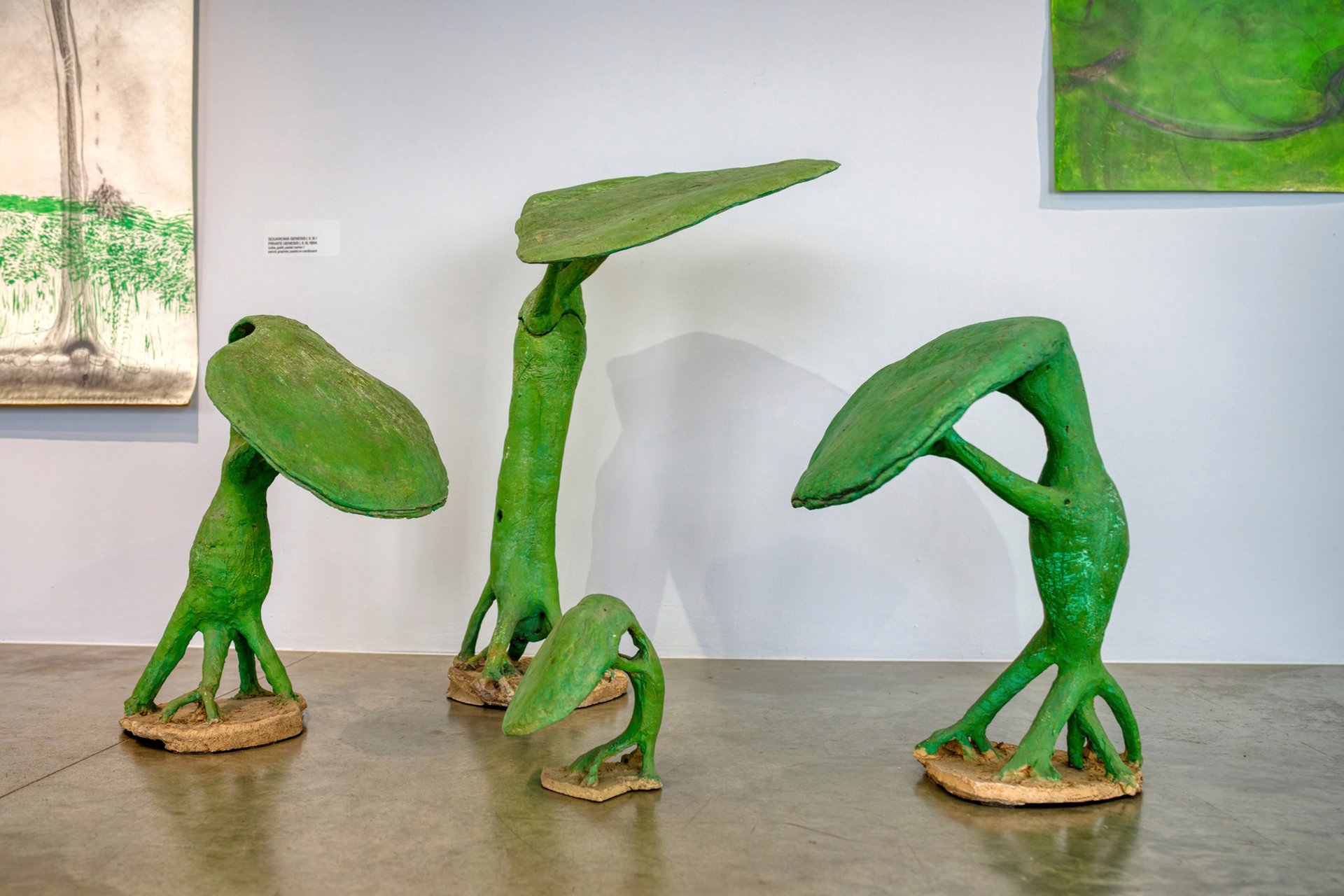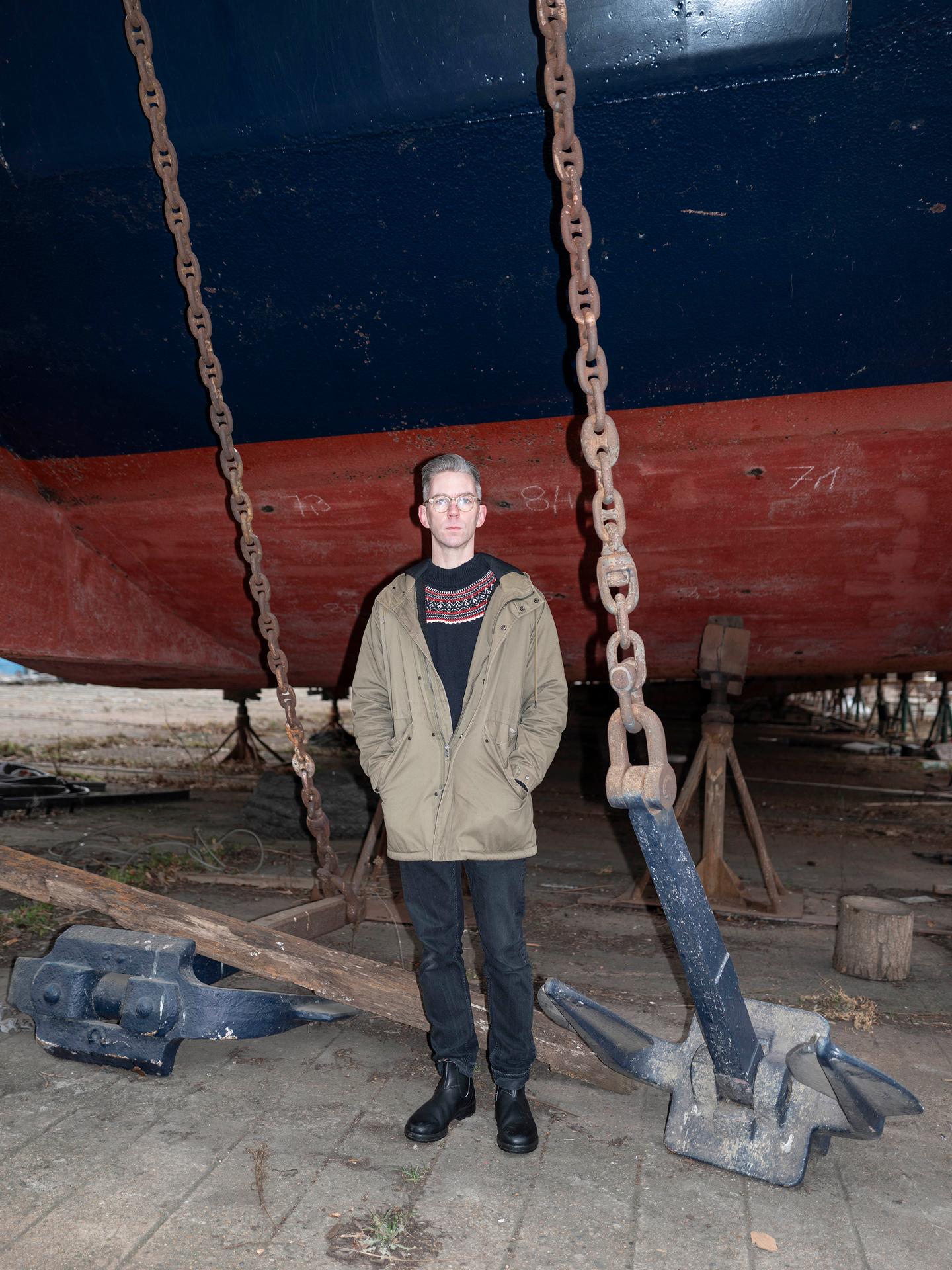Why Israel Is Building the Fence
The fence that Israel is building along the length of the West Bank should appall me. Fencing in the Jewish state, after all, mocks Zionism's promise to free the Jews from the ghetto.

The fence that Israel is building along the length of the West Bank should appall me. Fencing in the Jewish state, after all, mocks Zionism's promise to free the Jews from the ghetto. And fencing out the Arab world violates the hope that Israel will one day find a cultural and spiritual place in the Middle East–a hope that once took me, a religious Jew, on a yearlong pilgrimage into mosques in Israel and the territories, as a way of connecting to my neighbors' prayer lives. The fence ends more than three decades of Israeli attempts to reach out to the Middle East, from the „open bridges“ policy across the Jordan River in the 1970s to the „good fence“ on the northern border in the 1980s, through which Lebanese workers daily crossed into Israel.
The argument for the fence, of course, is that it will save lives. Though more than 120 successful suicide bombers have crossed into Israel from the West Bank, not one has managed to cross from Gaza, which is surrounded by the same kind of formidable fence.
Beyond the security argument, though, what's appealing about the fence is precisely what Israeli officials are trying to deny: its political message. Even more than a separation between Israelis and Palestinians, the fence is a demarcation line between the Oslo era of Israeli delusions and the post-Oslo era of Israeli realism. The fence embodies the lesson of this war: that the violent Palestinian rejection of peace four years ago wasn't merely a setback on the way to a comprehensive settlement but the negation of a comprehensive settlement. September 2000 was an historic turning point as decisive as November 1947, when the Arab world rejected U.N. partition. To insist otherwise is to risk repeating the Oslo syndrome of Palestinian deception and Israeli self-deception. The fence, then, is Israel's acknowledgment that the Palestinian leadership–in this generation at least–won't honor any commitments to respect Israel's legitimacy.
The main objection to the fence is that it doesn't adhere to the pre-1967 green line but deviates „deep“ into the West Bank. In fact, at most points, the fence either winds close to the green line or extends several miles over it without compromising Palestinian territorial contiguity–hardly the massive land grab warned against by opponents. The fence could eventually leave about ten percent of the territories in Israeli control – and 90 percent in Palestinian hands.
Israel is under no moral or legal responsibility to withdraw to precisely the 1967 border, the so-called green line. Israel’s claim to territory over the green line is based on at least two compelling arguments. The first is that it won the land in the most honorable way that any nation ever reclaimed its historical heartland – a defensive war of survival. The second is that the territory itself has long been disputed: The Jordanian occupation of the West Bank was never recognized by the international community, and no subsequent claim has been legally endorsed – that is, until the recent ruling by the International Court in the Hague against the fence.
In determining that Israel has no legitimate claim to any territory it won in 1967, including, presumably, Jewish neighborhoods built in East Jerusalem, the International Court has, in effect, overturned UN resolution 242, the basis of the land for peace formula, which doesn’t refer to Israel’s return of “the territories” but merely “territories,” a deliberate formulation that took into account Israeli claims on at least part of the West Bank. Because Palestine isn’t being restored but invented, its future borders should be open to negotiation.
Waiving Israel’s legitimate claim to most of the territory over the green line would make sense in a benign Middle East that is prepared to accept a non-Arab, non-Muslim state in its midst. If returning to an approximation of the 1967 line –with modifications in Jerusalem and settlement blocs close to the border – would decisively end the Arab claim on the 1948 borders, a majority of Israelis would almost certainly accept those terms. But the Middle East today is a region that celebrates mini-genocidal acts of terrorism as sacraments, and that denies the most basic legitimacy to the Jewish story, from the existence of the Temple to the existence of gas chambers. Indeed, the Arab world is the only region on the planet where Holocaust denial has become mainstream. Under these conditions, it would be madness to return to the eight-mile-wide borders of 1967 – whose vulnerability, after all, tempted the Arab world to try to destroy Israel in the past.
But we don’t have to invoke the past to argue against a withdrawal to the green line: The very terror war meant to force us back to the 1967 borders, as the first stage in Israel’s destruction, is the most compelling argument against those borders.
In determining the route of the fence, Israel needs to be guided by four considerations. The first is security: If topography, say, dictates that the fence be built on a hill rather than in a valley, then that is the army’s decision to make. Security is also the logic for walling off Jerusalem and preventing the city from being “shared” with – and destroyed by –an armed Palestinian authority.
The second consideration is demography: insuring as few Palestinians as possible on our side of the fence.
The third is also demography-related: insuring as many settlers as possible on our side of the fence. In the absence of a peace agreement, only isolated settlements caught on the Palestinian side of the fence should be uprooted.
The fourth is psychological: preventing the Palestinians from perceiving our withdrawal as a victory for terrorism. In losing part of the West Bank, the Palestinians and the Arab world generally will understand that terrorism has a price.
Until former Israeli prime minister Ehud Barak proposed ceding 96 percent of the territories (and offering the Palestinians additional territory within Israel proper to compensate for the settlement blocs it would retain), most observers took for granted that Israel wouldn’t return to the 1967 borders. One plan popular on the Israeli left envisioned a Palestinian state on only 89 percent of the territories.
The fence, then, restores us to the time before the current war, and provides a solution to Palestinian statehood which not long ago was considered both politically and morally credible.
Two competing views of the 1967 borders have now emerged within the international community. Along with the Hague decision is the American position, formulated by President Bush and overwhelmingly endorsed by Congress. According to the new Bush Doctrine, Israel will not be expected to withdraw to the 1967 borders. And Palestinian refugees will return only to a Palestinian state.
That doctine undermines the two key elements of the Palestinians’ long term strategy to undermine Israel’s viability: first, forcing Israel back to the green line, and then overwhelming the Jewish state with refugees – through international pressure on Israel to increase the number of refugees it willingly accepts, and through an invisible “return” of Palestinians slipping across the border and settling in Arab Israeli communities, as tens of thousands have already done in recent years.
The fence puts a brake on both those processes. It marks the security line that may well become Israel’s political border. And it prevents the infiltration of Palestinian refugees into Israel. That is the real reason why Palestinian leaders see the fence as a disaster, and mobilized their politicized allies on the international court to stop it.
The tragedy of the International Court’s ruling against the Israeli security fence, and the European Union’s support for the subsequent UN General Assembly resolution upholding that ruling, isn’t only its depressing predicability, a politicization that undermines the hope for a global system of justice. Nor is the tragedy only that Israel's right to self-defense has been branded illegitimate, while the terrorist criminals – and the mainstream Palestinian leadership which encourages them – remain uncensured.
Perhaps the worst consequence of the ruling is that it will reinforce Palestinians' faith in their own innocence and victimization, and preclude a self-examination of their responsibility in maintaining the conflict. That suicidal self-pity has led Palestinians from one historic calamity to another, and is precisely the reason why Israel is now building the fence.
Palestinian political history follows a depressingly predicable pattern. First, a peace offer is presented by the international community, to which the mainstream Zionist leadership says yes, while all factions of the Palestinian leadership say no. Then the Palestinians opt for war and pay a bitter price for their failed attempt at politicide. Finally, the Palestinians protest the injustice of their defeat which, after all, was supposed to be the fate of the Jews.
The end result of each Palestinian rejection was that history moved on, and the map of potential Palestine that remained to be negotiated invariably shrank. Under the Peel Commission in 1937, the Palestinians would have received 80% of the territory between the river and the sea; under the 1947 UN partition plan, 45%; under Camp David, around 20%.
And now, thanks to the latest Palestinian miscalculation, the fence is establishing a new border, in which a future Palestine will lose part of the West Bank, including east Jerusalem - all territories it could have possessed had the Palestinian leadership negotiated in good faith.
ONLY A people convinced it can do no wrong because all right is on its side can fail to ask itself why it repeatedly brings disaster on itself. Where are the anguished Palestinian voices demanding an accounting from their leadership for the self-imposed wound of the fence? Where is the debate about whether four years of suicide bombings were a wise response to the Israeli offer of Palestinian statehood - let alone a debate about the moral and spiritual consequences of turning Palestinian Islam into a satanic cult?
During the first intifada, Israeli society underwent a profound, and necessary, self-confrontation. For the first time, non-leftist Israelis conceded that the Palestinians have a grievance and a case, and that, by not offering the Palestinians any option besides continued occupation, we shared at least partial responsibility for the conflict.
The result was that a majority of Israelis came to see the conflict as a struggle between two legitimate national movements, and that partition wasn't only politically necessary but morally compelling.
Rather than undergoing a similar process, though, Palestinian society has regressed even further into a culture of denial that rejects the most minimal truths of Jewish history and Jewish rights to this land.
This intifada should have been the Palestinians' moment of self-confrontation. Yet Palestinians still refuse to take the most minimal responsibility for their share of the disaster.
If Palestinians continue to replace self-examination with self-pity, it's because their avoidance mechanisms are reinforced by the international community, whose sympathy for Palestinian suffering becomes support for Palestinian intransigence.
I had hoped that the fence would force the Palestinians to finally face some painful truths about the conflict. The fence, after all, confronts Palestinians with a constant, tangible reminder of the consequences of rejectionism. It marks the literal limits of the politics of terror.
Yet in choosing to judge Israel rather than the Palestinian leadership, the International Court and the European Union legitimize Palestinian self-pity and sabotage the possibility of change. That is a disaster for the moral health of Palestinian society, and for the possibility of reconciliation in the Middle East
The author is the Israel correspondent for The New Republic in Washington, and is author of the book, “At the Entrance to the Garden of Eden: A Jew’s Search for God with Christians and Muslims in the Holy Land.”

Pokud jste v článku našli chybu, napište nám prosím na [email protected].










